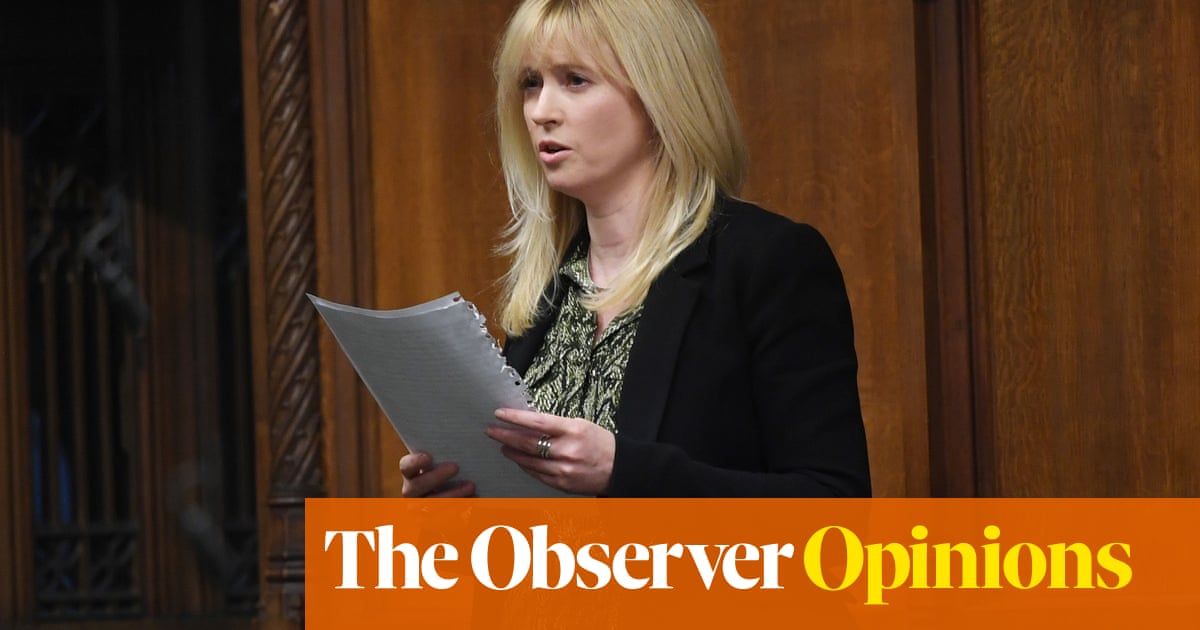
Shiite parties in Iraq are adopting a policy of maximum pressure on influential cleric Moqtada al-Sadr to persuade him to take part in the upcoming elections in October without any prior conditions.
The pressure reached a peak last week when rival Shiite parties delivered various indirect messages that they were not opposed to holding the elections and forming a new government without Sadr.
Such messages are an effort to outmaneuver Sadr through intimidation, claiming that he will lose his influence in government and parliament if he refuses to take part in the polls.
A senior political aide revealed to Asharq Al-Awsat that Sadr recently received two messages through a “neutral mediation” that called on him to “follow through with his boycott to the end. If he chooses to take part in the elections, then he should do so without preconditions.”
Sadr’s close associates say he has many scenarios to mull over. His Shiite rivals have warned that his withdrawal from the race will lead to security repercussions, while the heads of Shiite parties have dismissed these fears.
Amid this speculation, the leaders and representatives of six Shiite parties held at least four meetings in a week to discuss the calls to postpone the elections.
Despite the apparent hesitation of the Nasr movement, headed by former Prime Minister Haidar al-Abadi, the leaders agreed that the elections must be held on time.
Sources revealed that Abadi was seeking dialogue with Sadr to persuade him to go back on his boycott.
As it stands, veteran Shiite leaders, such as former PM Nouri al-Maliki and Hadi al-Ameri, have complained of the claims that the elections can only be held securely and smoothly with Sadr’s participation. They have also complained of claims that their participation is not enough to push forward the political process and that Sadr was needed to do so.
Such sentiments have prompted these parties to prove themselves and forge ahead with elections that would eliminate Sadr from the political scene.
Electoral campaign managers have grown fiercer in taking advantage of the vacuum he is leaving behind in areas where he wields influence.
One such manager in a southern city said: “This is our golden opportunity. Why should we waste it?”
Such zeal does not eliminate the concerns that still hound Shiite party leaders who fear that Sadr’s absence would deal a blow to the Shiite political weight and who are also concerned over whether they would be able to withstand the cleric’s popular opposition on the street.
Sources close to Sadr have appeared very satisfied with the Shiite party meetings and their speculation over the cleric’s boycott, including their concern over the return of protests by the Sadrist supporters.
A political aide, who helped coordinate the Shiite party meetings, said the leaders had even approached the religious authority in Najaf city over the elections.
The response they received was clear: “We support holding the elections in October.”
This position stands in contrast with the stances of three Najaf clerics, all of whom are close to the office of the religious authority, Ali al-Sistani.
They claimed that no specific position has been taken over the political debate over the elections. The date of the polls is up to the people and an agreement reached by the concerned powers, they said.
Sistani had last year warned against postponing the elections. He had, however, also said that the necessary conditions should be available to hold them.
As Sadr’s rival keep speculating, he has deliberately chosen to remain silent to keep them guessing as to whether he will join the electoral race or pull out a new card from his sleeve to reshuffle the Shiite scene in Iraq.












